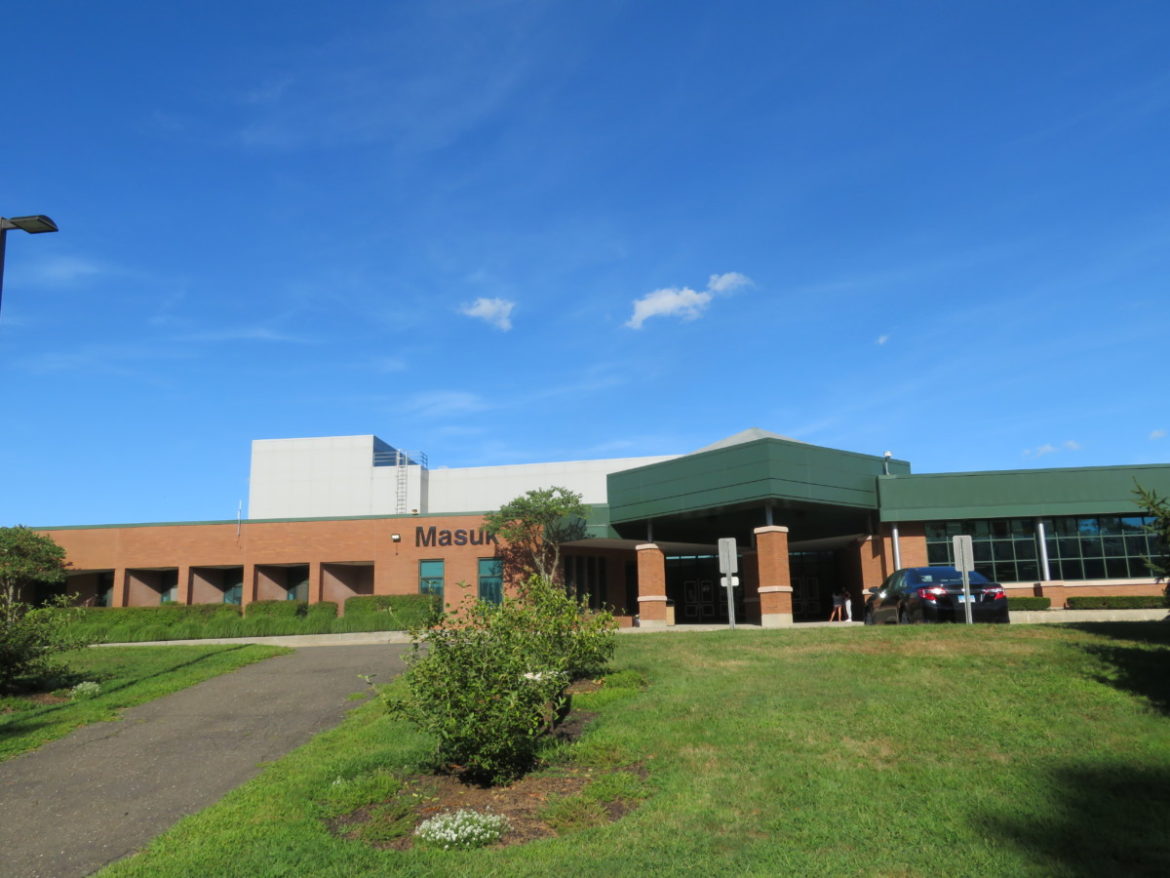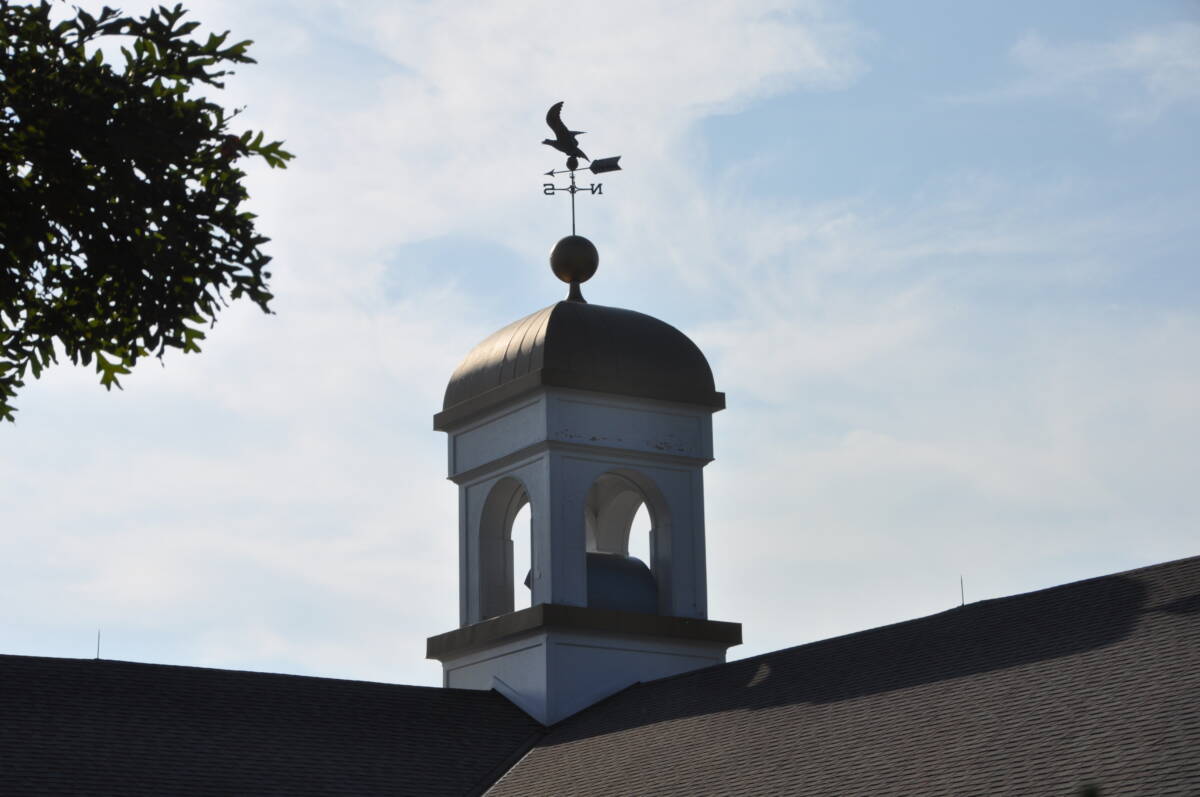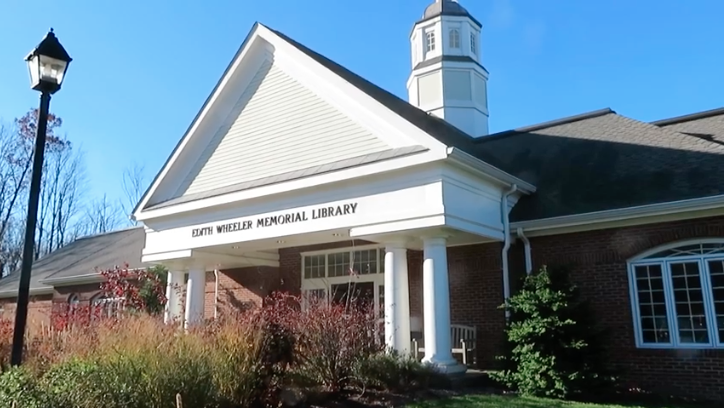MONROE, CT — The Board of Finance is holding a budget workshop at Monroe Town Hall at 6 p.m. Wednesday night, while anticipating a final vote on April 17 to send a town budget proposal to voters at referendum on May 6.
The $107,069,131 town budget proposal includes $73,917,629 for education and $32,437,035 for municipal services. The overall spending increase is 2.84 percent.
Homeowners were hit hard by the state-mandated revaluation. To offset the impact on taxpayers, First Selectman Terry Rooney proposed lowering of the mill rate from 38.27 to 28.61 mills for fiscal year 2025-26, and using $4 million of surplus funds.
The Board of Education request, was for a 6.02 spending increase, but, expressing concern over the impact on taxpayers, Rooney reduced it by $1.85 million to bring it down to 3.43 percent.
During the Board of Education’s meeting on Monday, Superintendent Joseph Kobza went over a list of possible reductions to remove $1.85 million from the education budget for 2025-26.
It is broken down into three lists based on priority, color coded in red, yellow and green.
Chairman David Ferris noted the “phenomenal” relationship between the Board of Education, the Board of Finance and town officials. When the finance board allowed the Board of Education to keep some of its surplus last year, Ferris said Kobza stuck to the priority list he presented at budget time.
Though town officials cannot dictate how the school board spends it money, Ferris asked fellow board members for consensus that, if the Board of Finance restores some money to its budget proposal, educators would stick to the priority list once again.
“The Board of Finance legally hands us a check, but in all honesty and transparency, if they give us some money because they have some of the same concerns, I want to honor that and keep that relationship going, so we agree?” he asked.
All members expressed agreement.
Board members also discussed the possibility that the town may spend the $85,000 for the school board’s portion of two cybersecurity positions.
Steve Kirsch, a finance board member who attended the meeting, said no decisions on whether to restore funds have been made.
Community Survey
As of 4 p.m. on Monday, Kobza said close to 700 people participated in the Ad Hoc District Facilities Committee’s community survey gauging public opinions on the Board of Education’s review of potential solutions to the town’s school space issues.
The superintendent said the information will be discussed at the committee’s next meeting to be held in the Masuk High School media center this Thursday at 6 p.m.
On Monday, several board members complained about missing the June 30 deadline to apply for state funding to begin pursuit of a capital project this year.
Alan Vaglivelo said having to do it next year could lead to another $6 million for construction costs.
Ferris said the committee is getting into the weeds and a lot of details need to be hammered out before the Board of Education votes on a committee recommendation.
“It’s just a very tight deadline to get all of this done by June 30th,” he said, “but you’re correct in your point, it will cost more every year.”
In the meantime, Jerry Stevens pointed out there will be a cost for portable classrooms until Chalk Hill can be reopened as a school, which is just one phase of the district’s facilities needs.
Healthy food certification
Following the recommendation of Superintendent Joseph Kobza, the Board of Education voted unanimously not to pursue healthy food certification from the state of Connecticut, because to do so all of its schools must be on the National School Lunch program. Masuk High School has always been off-program, allowing more menu options for its students.
The board also voted unanimously to approve an exemption allowing the sale of beverages, that are not on the state-approved-list, at after school events, such as games, plays and concerts.
Chairman David Ferris said these votes must occur every year.
A budget transfer
To continue the One-to-One Chromebook program, administrators agreed to a budget transfer to pay for $75,000 worth of the devices in the current budget, with another $75,000 in next year’s budget.
The board originally planned to purchase $150,000 worth of Chromebooks in the latest budget proposal, before having to find reductions.
A generous donation
Kobza and Ferris expressed their appreciation to an anonymous benefactor, who made an $11,498 donation to Jockey Hollow Middle School through the Alfred B. Phelps, Jr. Charitable Foundation.
The donor asked that the funds be earmarked to support outdoor activities and nature-based education at Jockey Hollow. The money will be used for the following purposes:
- Purchase four additional metal picnic tables with umbrellas for outdoor lunch area at Jockey Hollow
- Purchase of additional outdoor recreational supplies
- Remaining funds to be used for Nature’s Classroom – sixth grade nature-based curriculum experience, which includes three days of screen-free time for students.
Special Education update
Director of Student Support Services Jennifer Parsell gave a special education update Monday, which included an increase in enrollment for services.
She said the district received its first payment of excess costs for $720,000 and is expecting another $446,000 from the state.
“We would be in a very good place if we received that today, but we should get that about the end of May,” Parsell told the board. “We’re gonna be pretty close this year, if not a little over.”
She said it is too early now, but there may be some encumbrances in the budget that could be decreased before the end of the budget year.
For enrollment, in March one student moved out of district and another moved in, and 16 more students became eligible for services. “We are up to 681 at this point,” Parsell said. “We have moved to that 19 percent at this point also.”
She said the 16 students are a combination of three pre-K students, many elementary students and one student from Masuk.
In March, Parsell said there was a $32,000 spending increase for outside agencies. The district received a $31,000 credit for private tuition due to programming changes. Equipment for specific students led to an $822 increase, and there was a $13,000 increase for homebound instruction.
Parsell said four more students are on homebound tutoring, “so we are now paying teachers to tutor those students.” She said this includes special education students and typical peers.
Over the last month, four students were in the hospital and that decreased to two. Parsell said there was a $23,000 increase for an intensive outpatient program for kids out of the hospital.
“We provide private transportation for students who attend that program,” she said, adding it usually lasts six-to-eight weeks.
The district received a $10,000 credit for special education services, and saw an increase in spending of $14,000 for “other professional independent evaluations.”
Parsell said legal lines are trending well, showing a decrease in encumbrances of $14,000.
Next meeting: The Board of Education’s next meeting is scheduled for May 5. Meetings are held in the media center of Masuk High School at 7 p.m.
All respectful comments with the commenter’s first and last name are welcome.








